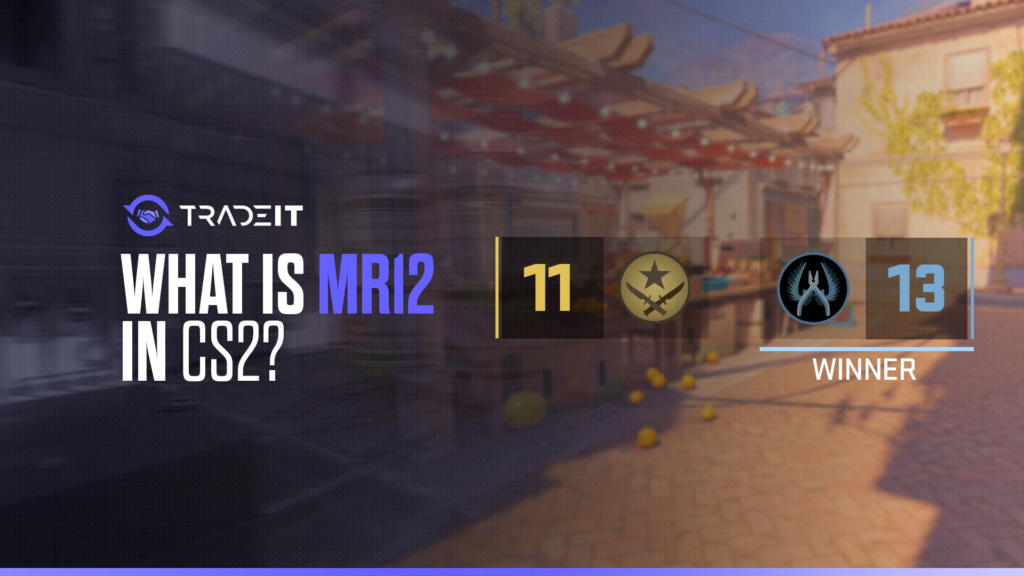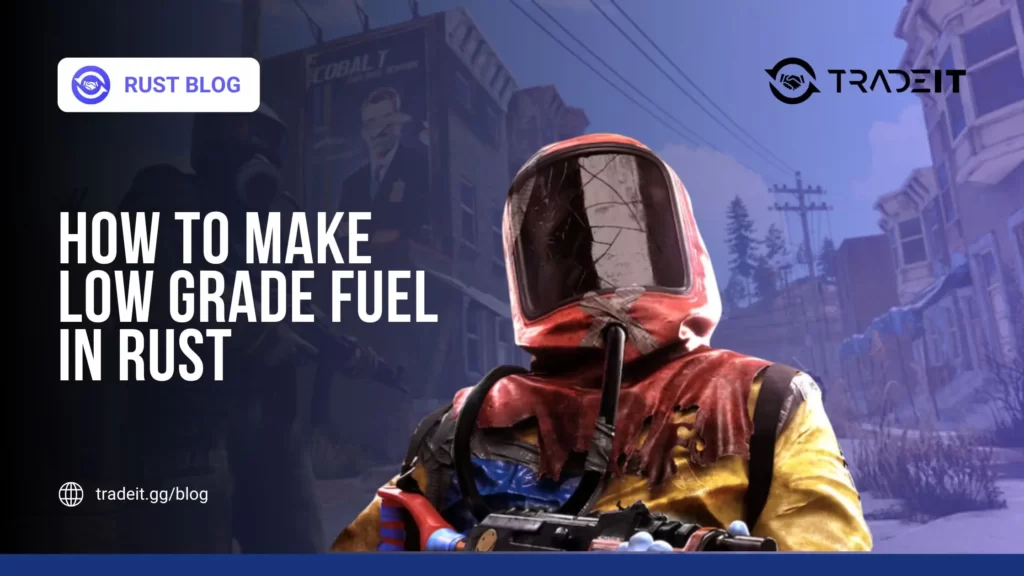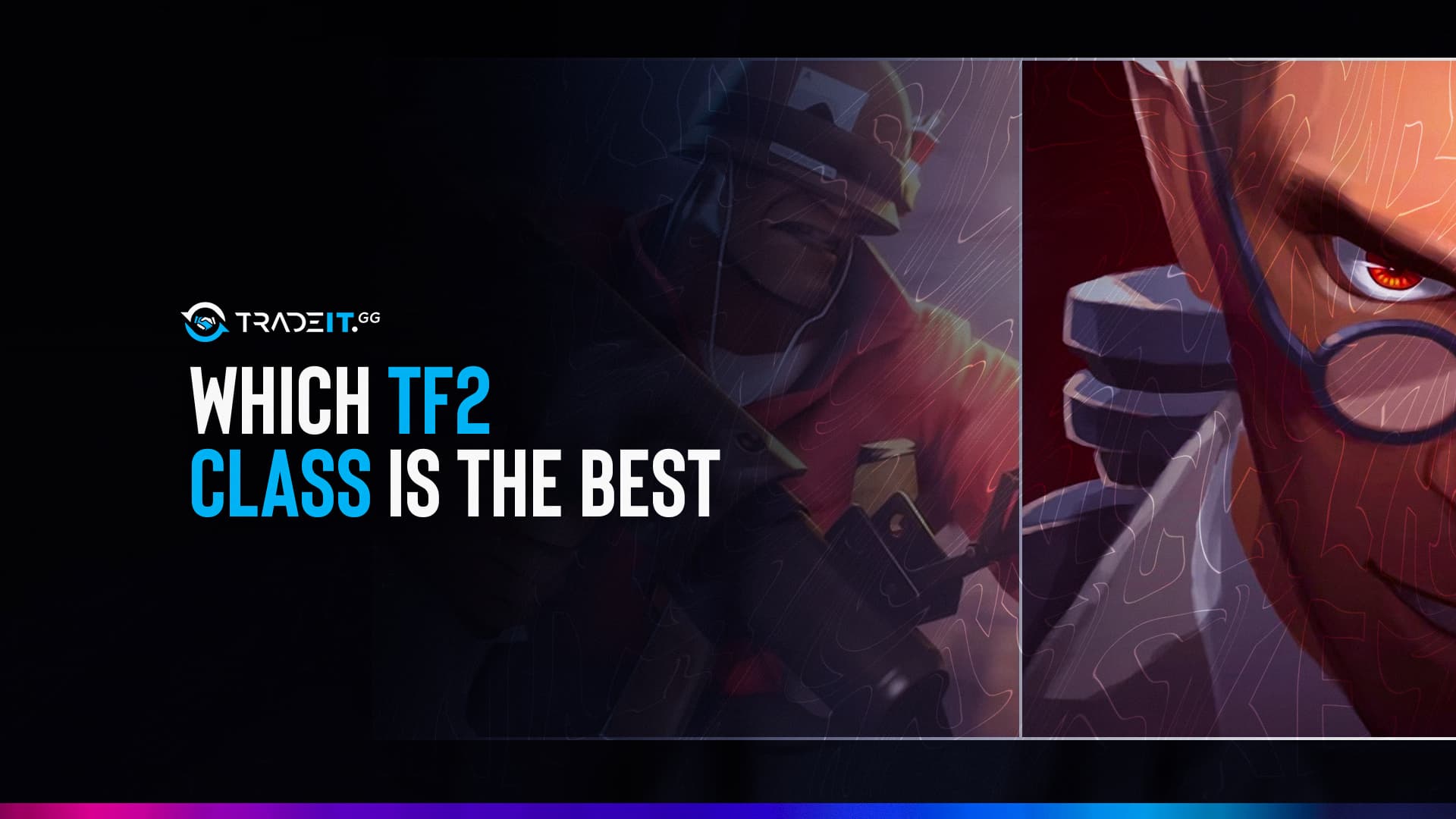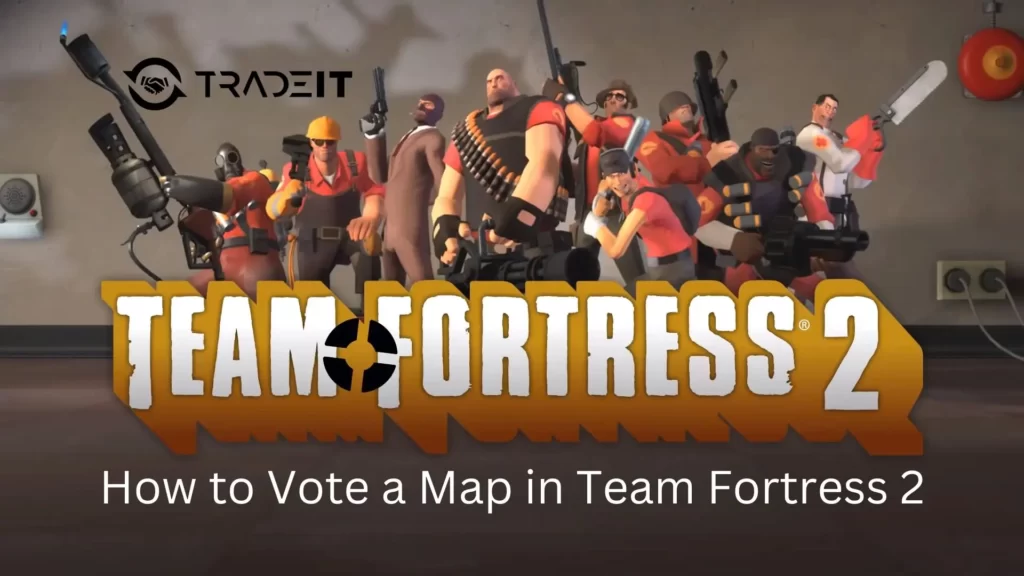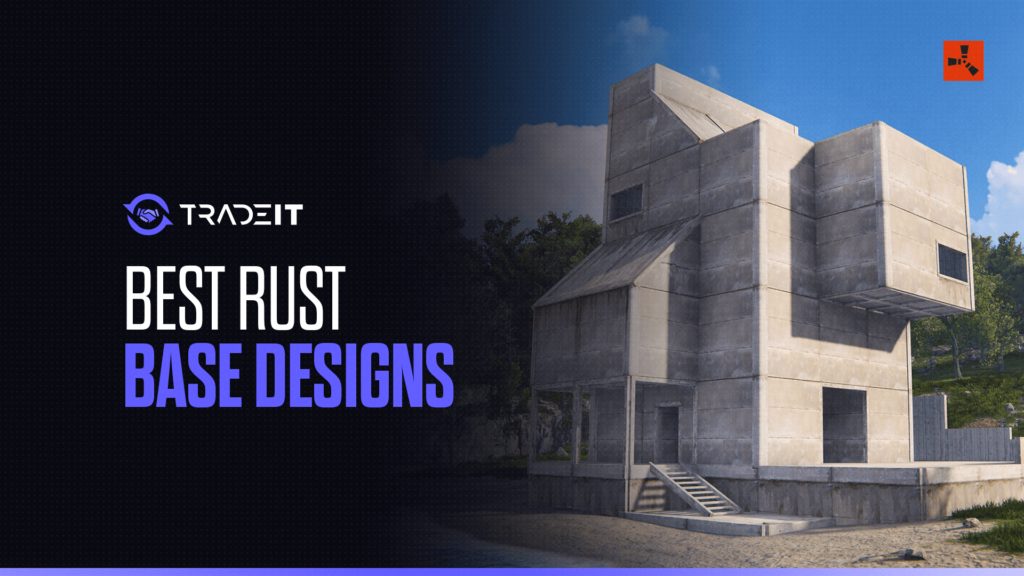Ever feel like a CS2 match drags on longer than your favorite movie? Well, Valve cut down the drama with MR12. But what is MR12 in CS2, and how does it impact your gameplay?
In this article, I’ll explain what MR12 is and why it might change the way you play CS2.
Key Takeaways
- MR12 in CS2: 12 rounds per half—first to 13 wins
- Replaces the older MR15 system from CS:GO
- Shorter, more intense matches
- Higher stakes: pistol rounds, economy, and comebacks
- Alters how tournaments and competitive play operate
What Is the MR12 Format?
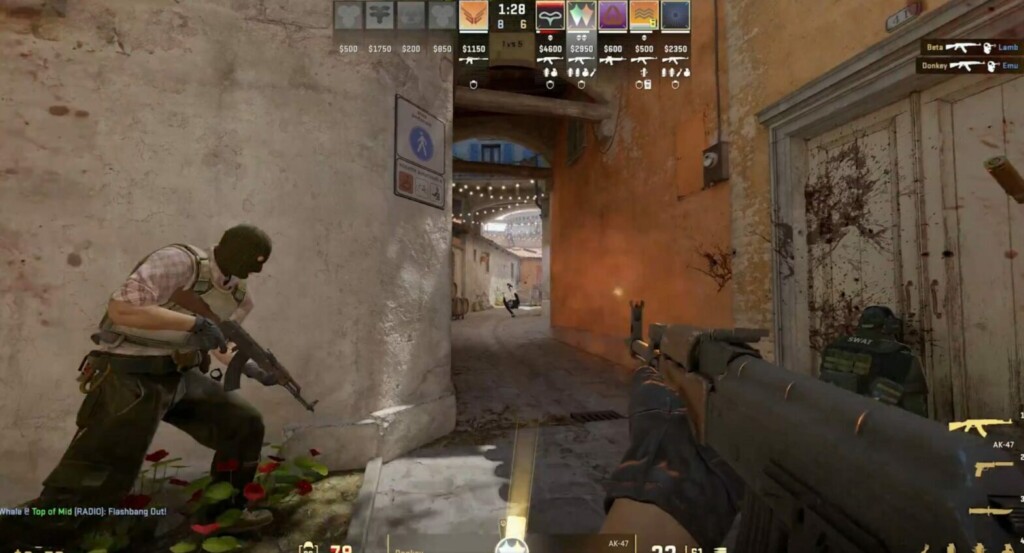
MR12 stands for “Max Rounds 12,” a format used in competitive Counter-Strike 2. In this format, each team plays a maximum of 12 rounds per half, leading to a total of 24 rounds in a match if all rounds are played. The first team to win 13 rounds wins the match.
This format is a departure from the traditional MR15 format used in Counter-Strike: Global Offensive (CS:GO). In the old CS:GO, each half used to be 15 rounds, resulting in a longer match duration.
Learn more: CSGO vs CS2 – Differences and Changes
MR12 vs. MR15: A Side-by-Side Comparison
| Feature | MR12 (CS2) | MR15 (CS:GO) |
|---|---|---|
| Rounds per Half | 12 (first to 13) | 15 (first to 16) |
| Total Regulation Rounds | 24 | 30 |
| Match Duration | ~30–40 mins | ~45–60 mins |
| Round Significance | High—fewer recovery chances | Spread out across more rounds |
| Pistol & Eco Rounds | Critical | Important, but recoverable |
| Viewer Engagement | Faster and intense | More drawn out |
Changes in Average Match Length and Win Rates (Pre- and Post-MR12)
| Metric | Before MR12 (CS:GO) | After MR12 (CS2) |
|---|---|---|
| Average Match Length | 45–60 minutes | 30–40 minutes |
| Win Rate for T-Side | ~48% | ~50% |
| Win Rate for CT-Side | ~52% | ~50% |
Features of MR12 in CS2
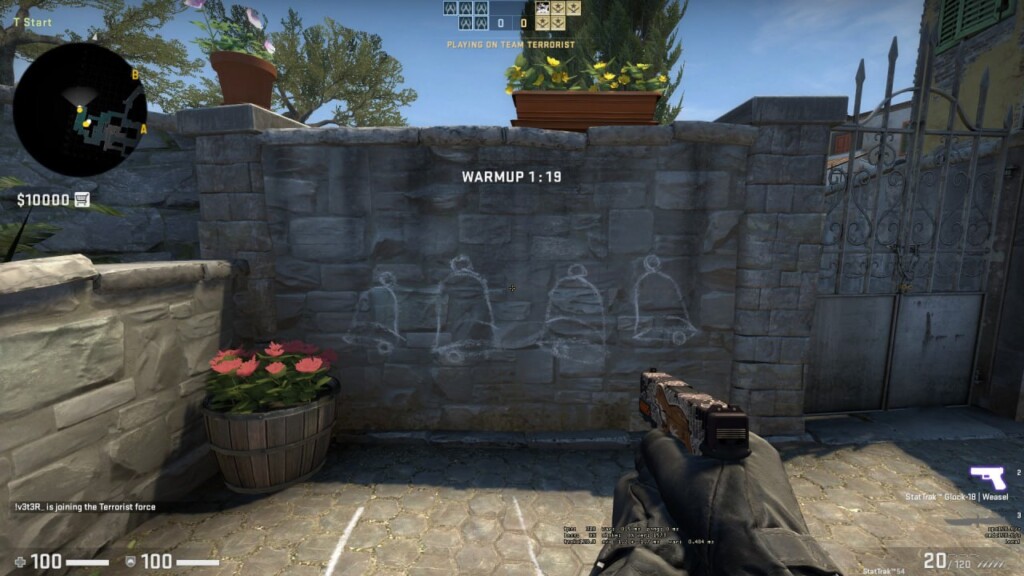
MR12 in CS2 emphasizes the importance of strategic depth, economic management, and precision in gameplay. Here is how it works:
1. Shorter Matches
The MR12 format reduces the number of rounds per half from 15 to 12, making matches quicker. The first team to win 13 rounds wins the match.
This change aims to make games more engaging and less time-consuming, addressing concerns about the lengthy nature of traditional MR15 matches.
Learn more: How Many Rounds are in CS2?
2. Economic Adjustments
The reduced number of rounds has led to significant changes in CS2 economy management. Teams need to manage their finances more efficiently, as there are fewer rounds to recover from economic setbacks.
Every round, including eco rounds, carries more weight in the overall match strategy. Teams must balance aggressive buys with conservative strategies to maintain a competitive edge.
3. Impact on Tournaments
Major tournaments have adopted the MR12 format, aligning with changes seen in other popular esports like VALORANT.
This move is expected to make tournament matches shorter and more viewer-friendly, increasing audience engagement and reducing player fatigue during long series.
Why Valve Switched to MR12
Valve officially adopted MR12 for Premier, Competitive, and Majors, aiming to make matches faster and more dynamic—and reduce off-rounds.
The shift aligns CS2 with modern esports and tuning updates over the years to make short, punchy rounds viable again.
Impact: Premier matches now run closer to 34 minutes, noticeably shorter than CS:GO.
Adaptations in the Professional Scene
Since the introduction of the MR12 format, professional teams have adjusted their strategies to align with the shorter match structure. Notably, the reduced number of rounds has led to a heightened emphasis on early-round performance and economic management.
Key tactical shifts include:
- Pistol Round Priority: Winning pistol rounds is more crucial than ever, as it provides an early advantage with limited recovery opportunities.
- Force-Buy Strategies: Teams frequently opt for aggressive force-buys to capitalize on momentum.
- AWP Usage: With fewer rounds, teams are more selective about purchasing expensive weapons like the AWP.
Tournament organizers have also observed that the shorter match durations allow for more flexible scheduling and increased viewer engagement, as matches are more concise and action-packed.
How Does Premier Fit into the Picture?

MR12 is a key feature in CS2’s Premier mode, designed to offer a high-level competitive experience similar to professional tournaments. By adopting the MR12 format, Premier mode provides shorter, more intense matches that enhance the overall experience for both players and viewers.
This streamlined format reduces the time commitment for each game, allowing players to enjoy competitive play without the extended fatigue associated with longer matches, while also ensuring that each round carries significant weight.
Also, Check: How to Unlock Premier Mode in CS2?
Summary
MR12 in CS2 makes every round, every decision, and every clutch count more than ever. It favors fast thinking, smart economy, and high-impact rounds.
Pro Tip: Brush up on pistol strategies and force buy tactics—they’re game-changers now.
Frequently Asked Questions
What is MR12 in CS2?
It’s the format where each half has up to 12 rounds, and 13 wins secure the match.
How does MR12 shift gameplay?
It makes each round, especially pistols, much more influential and punishes mistakes more harshly.
Why compare MR15 vs MR12?
To highlight the pace, tactics, and viewer experience changes with CS2’s format.


